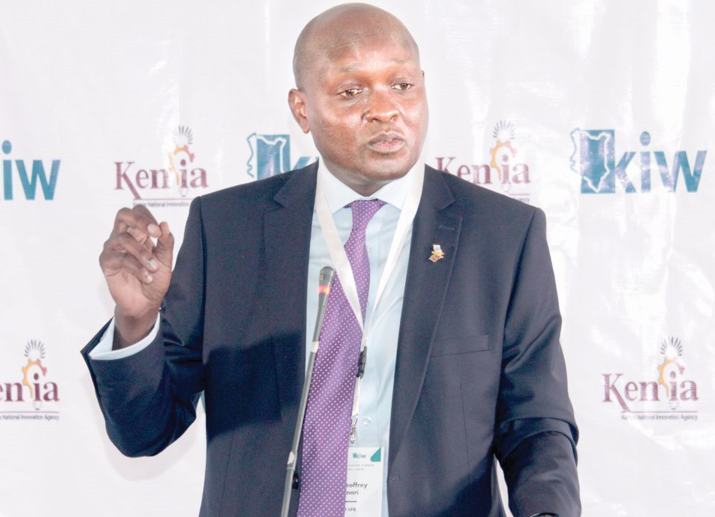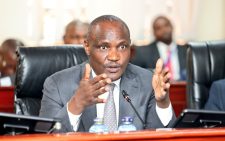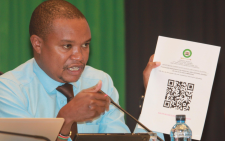University students to get more time to seek loans

The Universities Fund (UF) has assured that adequate time will be given for students to apply for funding once they have been placed to respective institutions.
Fund’s chief executive Geoffrey Monari said Kenya Universities and Colleges Central Placement Board (KUCCPS) is currently placing the 2023 KCSE exam candidates to various courses, an exercise expected to conclude in a few weeks.
“I wish to assure you that, this year, we will allocate more time for students to apply for funding in terms of loans and scholarships than we did last year when we had stricter timelines,” said Monari.
He made the remarks when UF met officials of private and public universities on solarisation project for universities in Nairobi.
Monari urged the officials to support initiatives to ensure all students in need of loans under the Higher Education Loans Board (HELB) and scholarships under the UF apply for the product once the process starts in the spirit of leaving no one behind.
“You may recall that through the Cabinet Secretary, Ministry of Education, Ezekiel Machogu, we pleaded with you to allow our first cohort of the funding model, comprising the 2022 KCSE candidates, to join their first year of study even before we allocated them scholarships. I thank you for accepting them without payment of the first semester fees,” he said.
According to Monari, by last week, some Sh7.88 billion had been disbursed in scholarships to the First-Year students who joined public universities starting from September last year.
Monari made the remarks as he introduced to institutions of higher learning, the solarisation project for universities, which is not only for harnessing solar energy but also revolutionizing the institutions.
“By partnering with the Cooperative Bank of Kenya, we are making strides towards promoting sustainable energy solutions across all public universities in the country. Climate action is a government priority, as highlighted in the Bottom-up Economic Transformation Agenda development plan. Equally, Sustainable Development Goal 13 commits Kenya to implementing climate action initiatives,” Monari explained.
He said Universities Fund seek to enhance climate action initiatives in Kenyan universities thus reduce costs in each institution and promoting environmentally friendly sources of energy like solar power, to be utilised with minimal environmental degradation effects.
Leasing model
“This will create a pathway for universities to become pillars of the community and centres of excellence in terms of climate action in their respective jurisdictions. We aim to facilitate the transition of all universities to solar energy, thereby reducing their carbon footprint and contributing to Kenya’s clean energy goals,” he explained.
Through a leasing model, he said UF is providing universities with a cost-effective solution, ensuring they can harness solar power without the burden of upfront capital expenditure.
He explained that solarisation of universities is a progressive and sustainable approach that aligns higher education institutions with the broader global efforts of combating climate change and reducing carbon emissions.
By harnessing solar energy, Monari also added that universities can substantially decrease their environmental footprint and lead by example in demonstrating the viability of renewable energy solutions.
He committed that Universities Fund will support universities in adopting solar energy, thus reducing electricity bills and positively contributing to the environment. Beyond cost efficiency, Monari said they are committed to environmental conservation, reducing dependence on conventional energy sources, and promoting a sustainable energy model that will benefit generations to come.
“Our comprehensive implementation plan includes feasibility studies, financing collaboration, technology assessment, installation, training, and continuous monitoring and evaluation. One of the key features of our financing model is its emphasis on capacity building,” he said.
Throughout the leasing period, universities will undergo training programs, empowering their technical teams to manage and maintain the solar installations, which not only ensures the long-term sustainability of the project but also fosters skills development and job creation within the academic sector.










